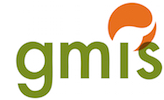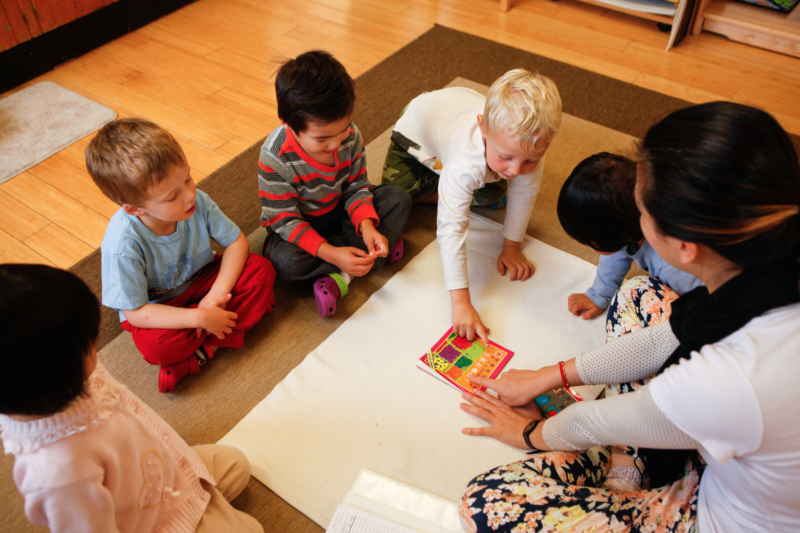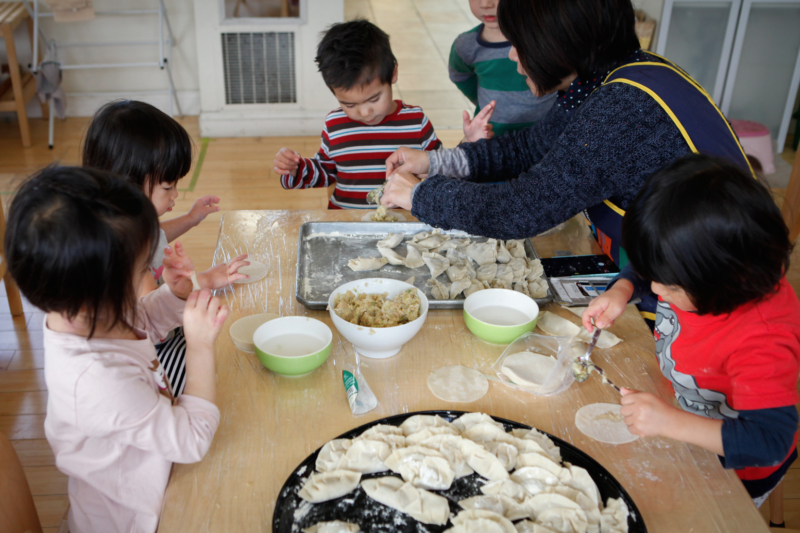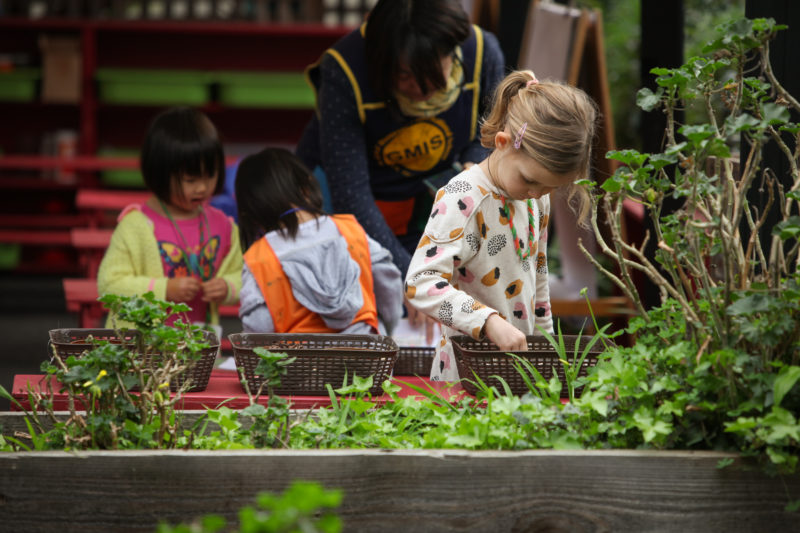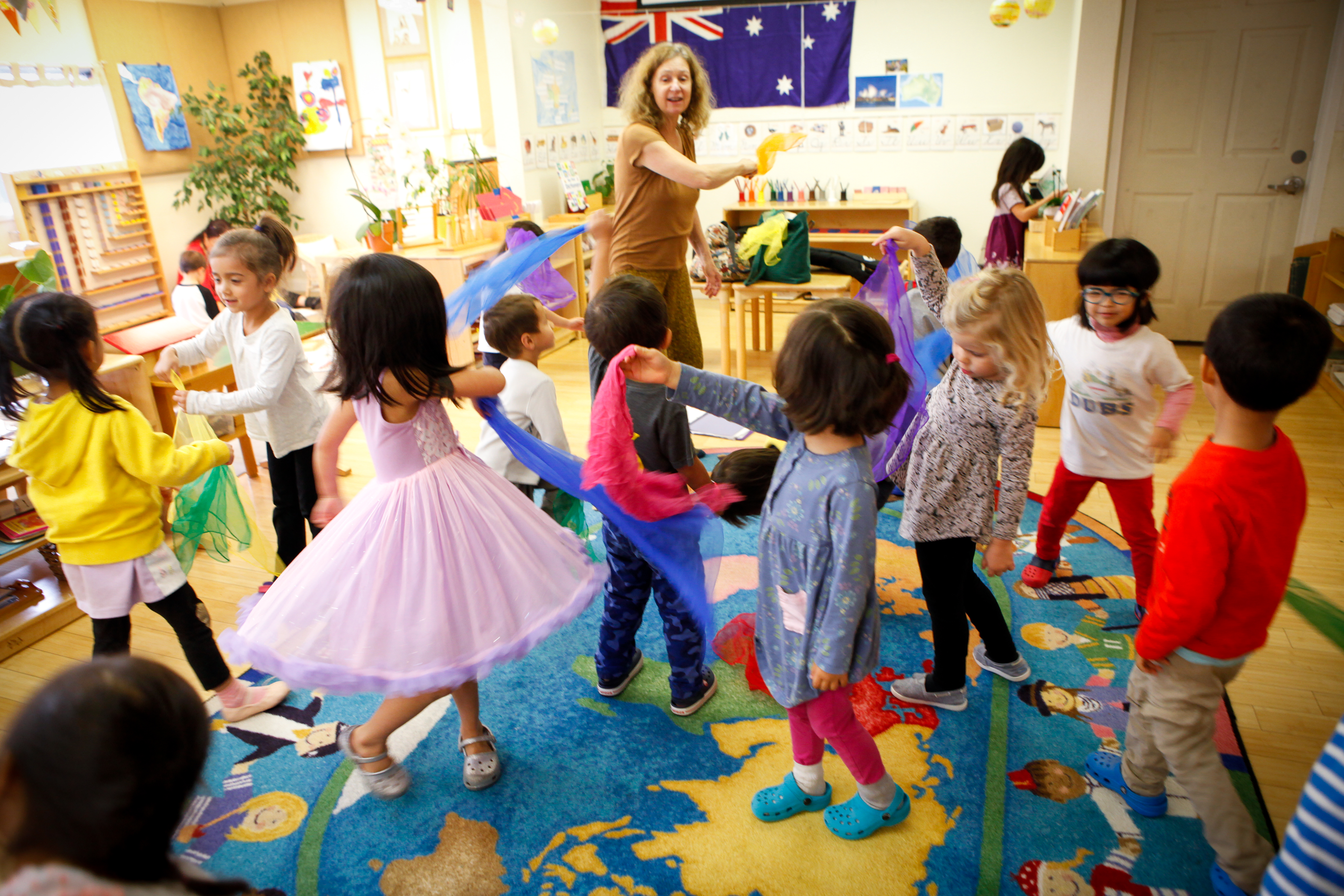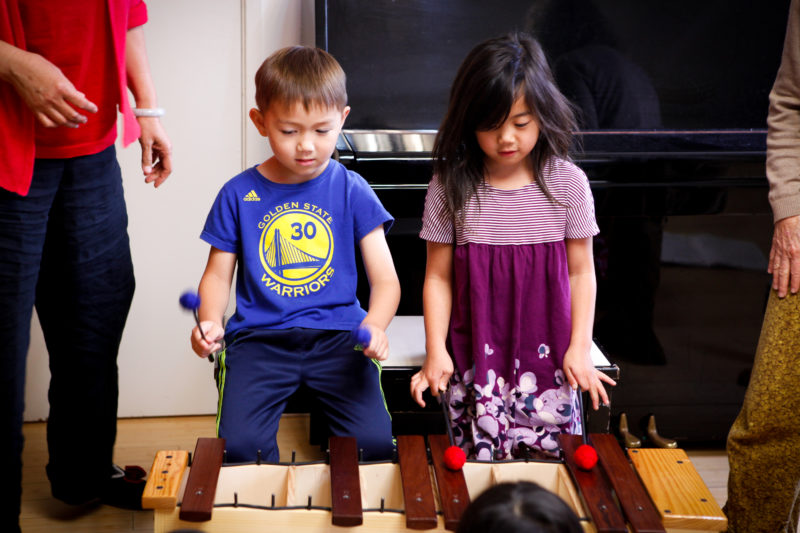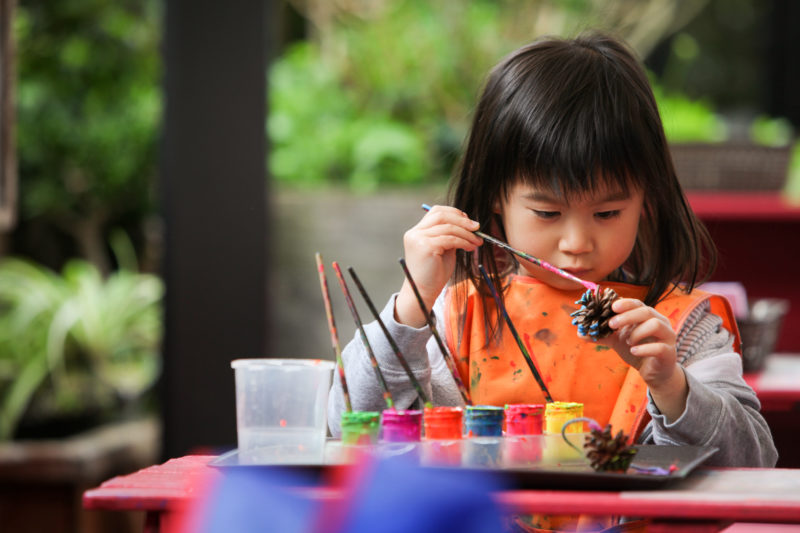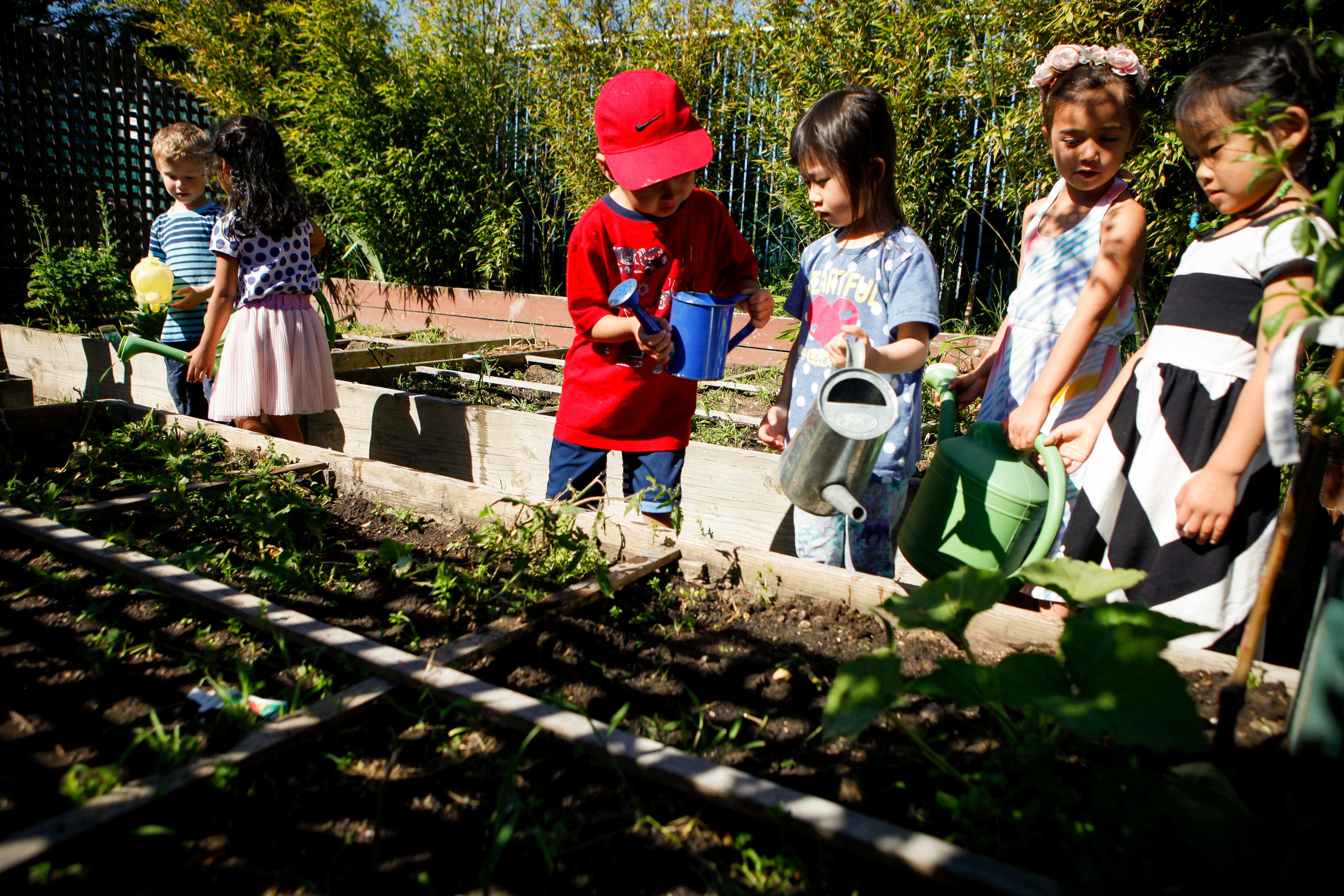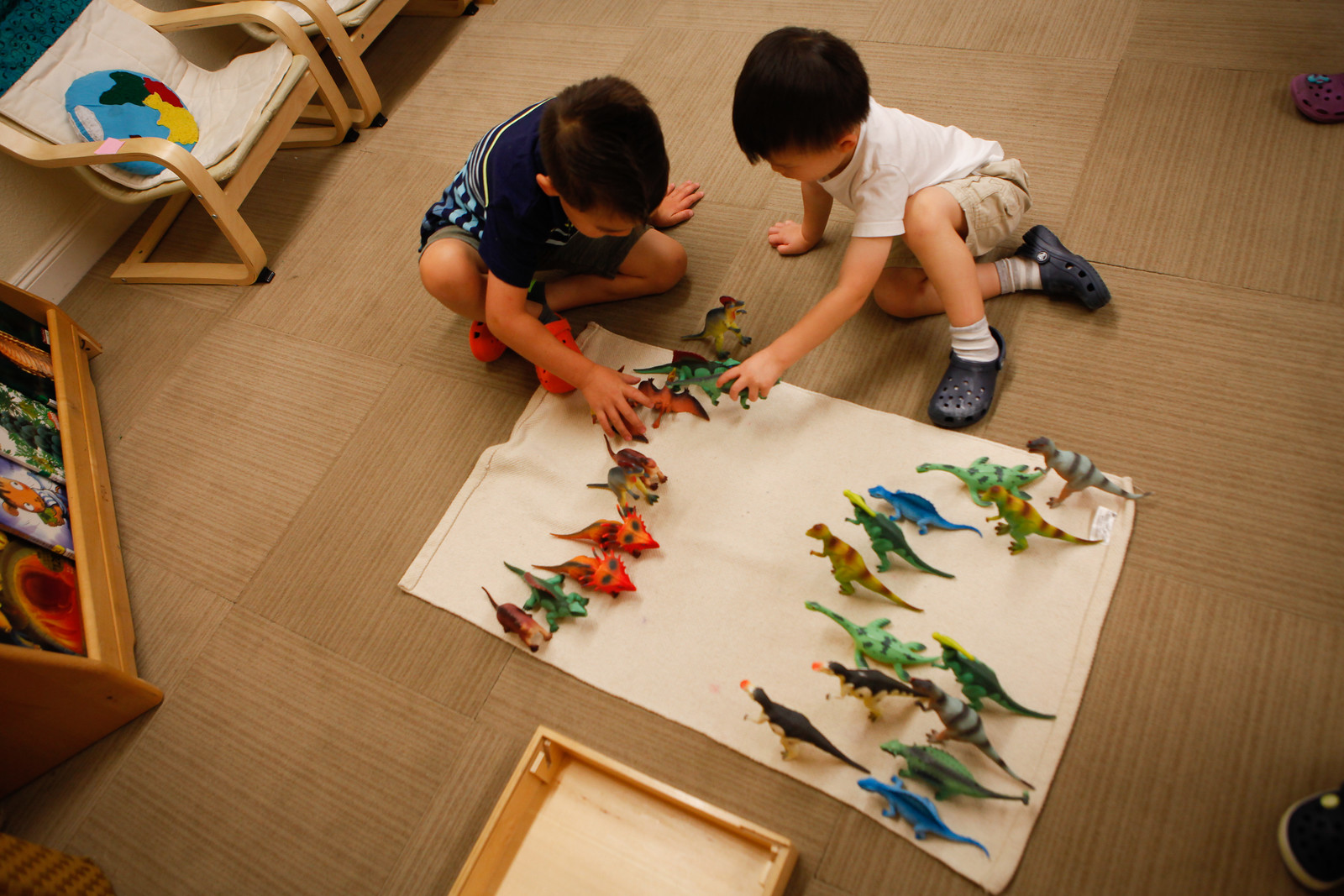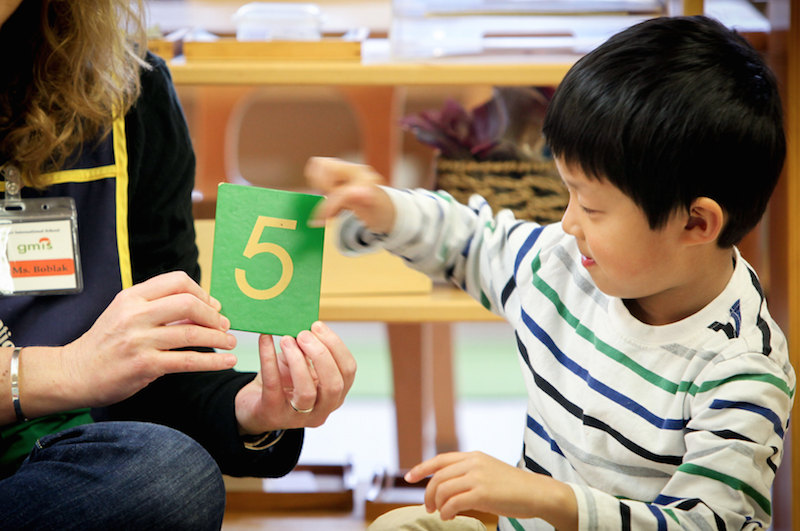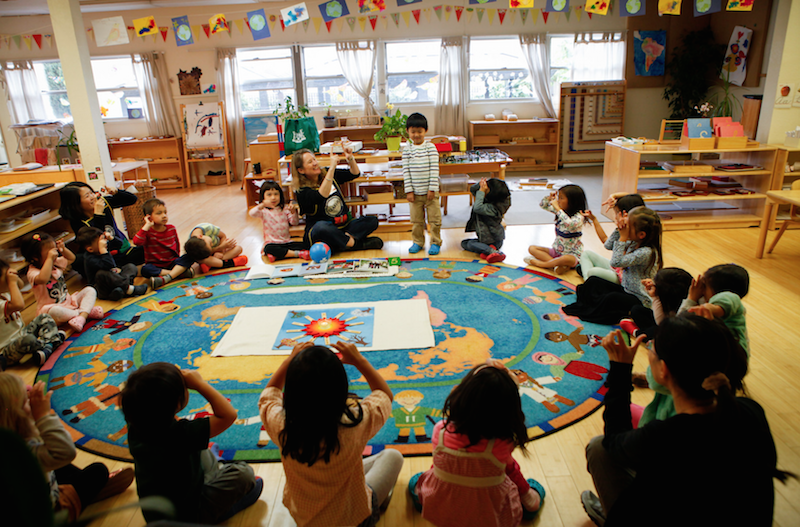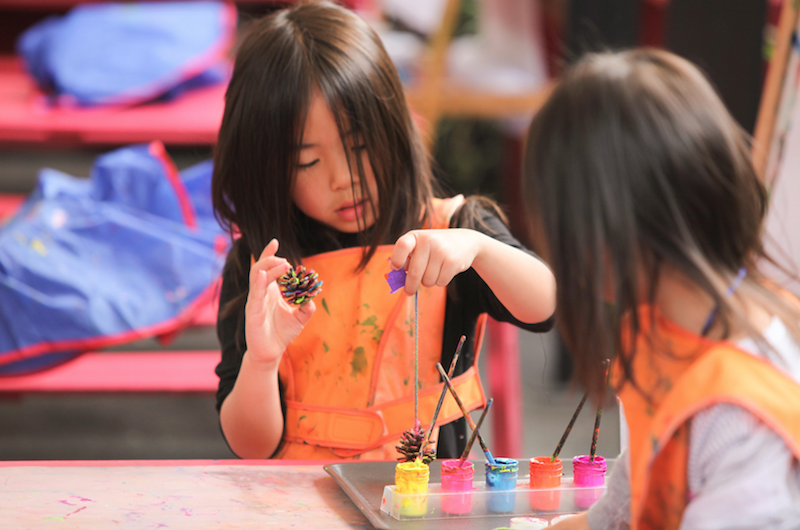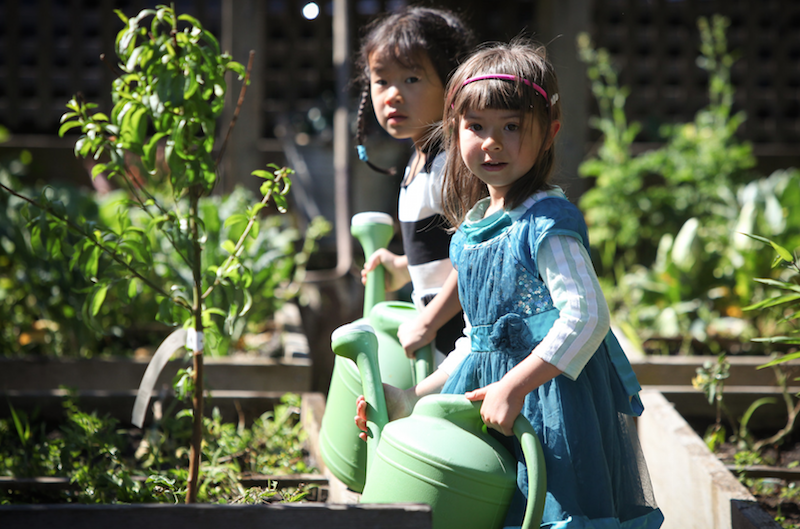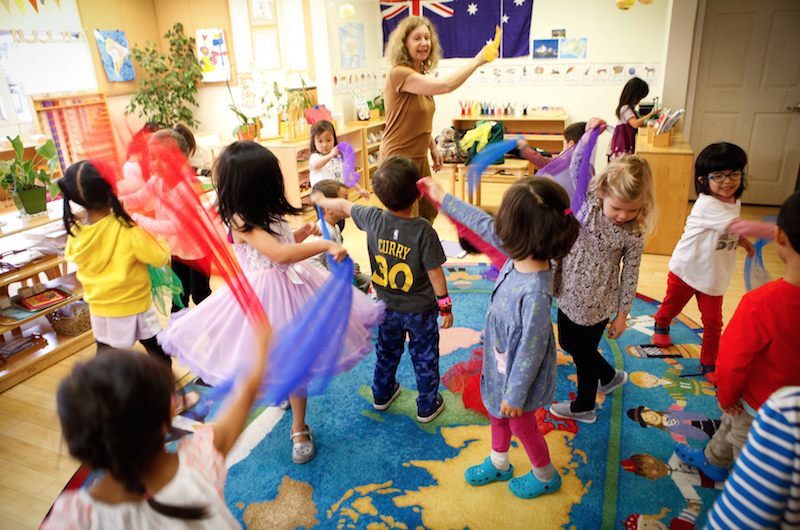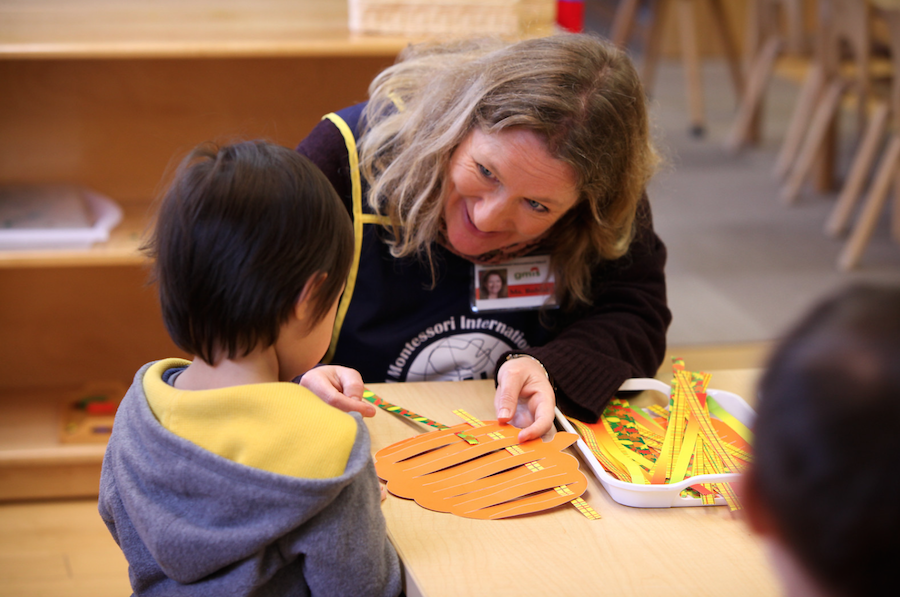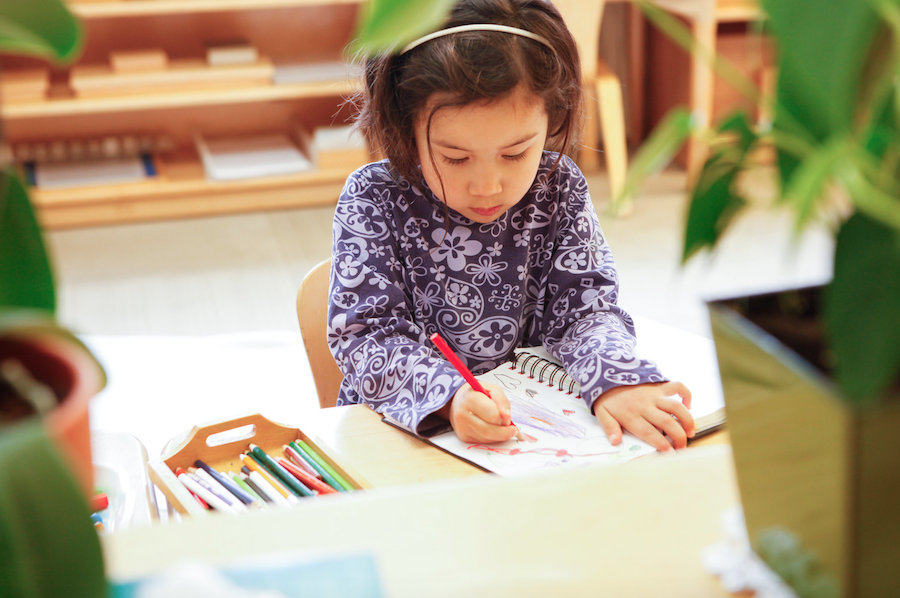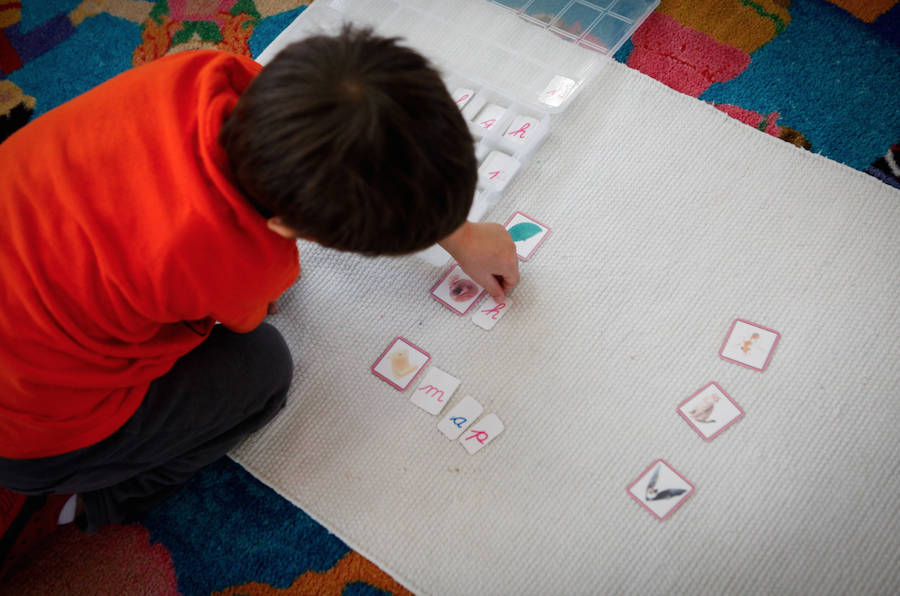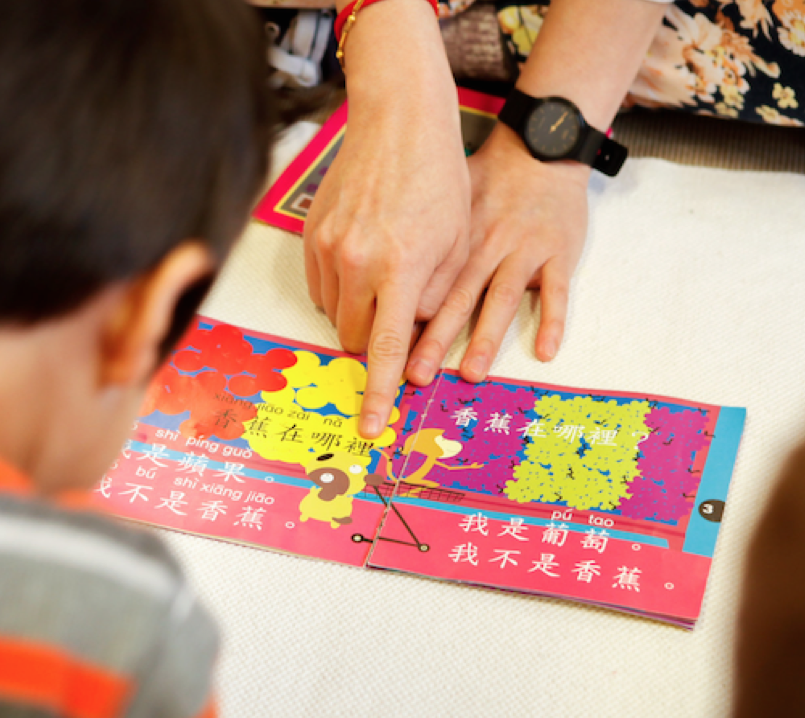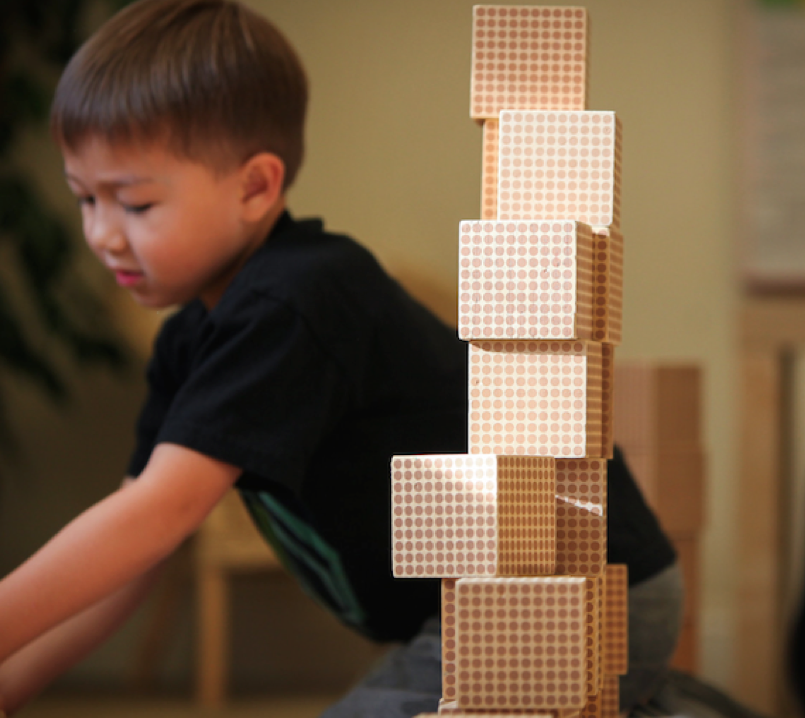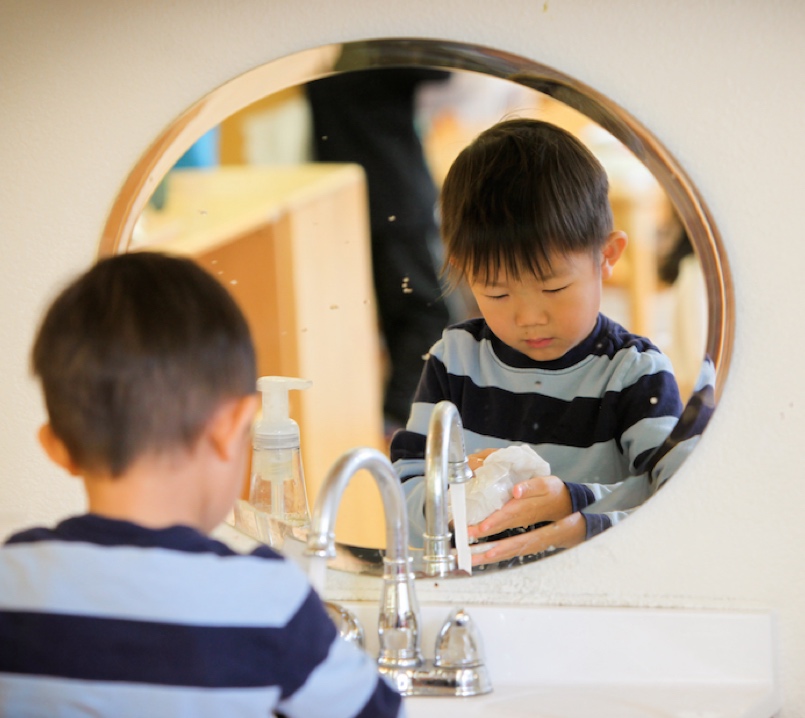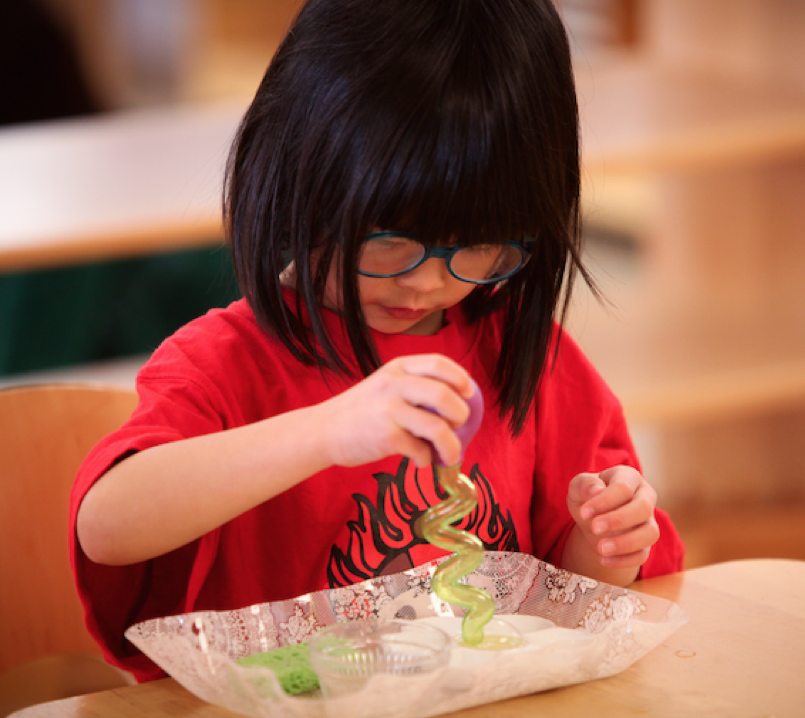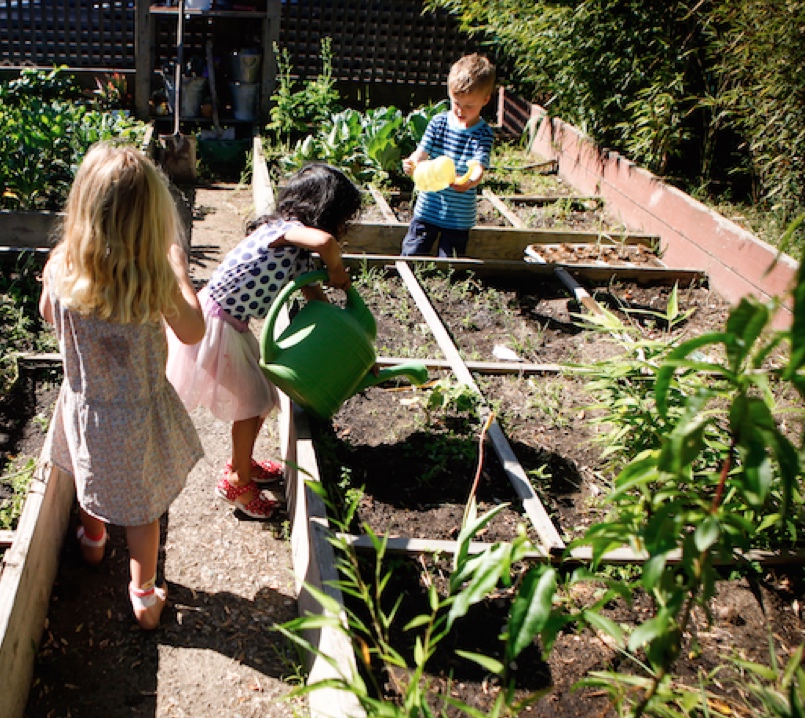The children are encouraged to help organize the day’s lesson, set up the classroom, participate in lessons and complete self-selected work. Time is given each day to listening to the teacher read a story as well as taking turns to read. At lunch time, children are encouraged to enjoy their food with grace and courtesy. Each child is also responsible for cleaning up their area after lunch. A well-rounded healthy student does not only require academic exercise but physical exercise – so our children enjoy every day outdoor playtime which enables them to have some fun release of energy which will help him or her focus during work time.
Global Montessori International School, Berkeley
Learning another language is a step towards joining the global community.
510-845-6969
office@gmis-berkeley.com
2830 9th St.
Berkeley CA 94710
8am - 6pm
Monday to Friday
123 456 789
info@example.com
Goldsmith Hall
New York, NY 90210
07:30 - 19:00
Monday to Friday
